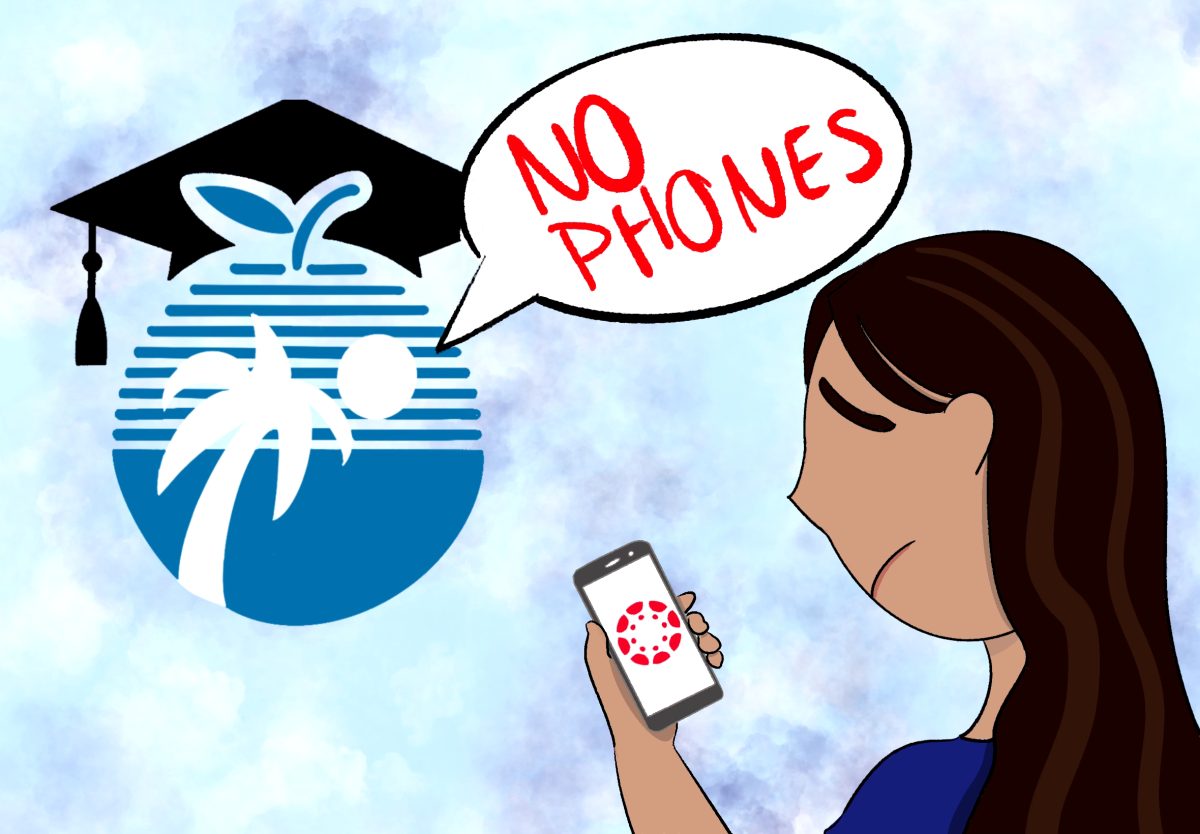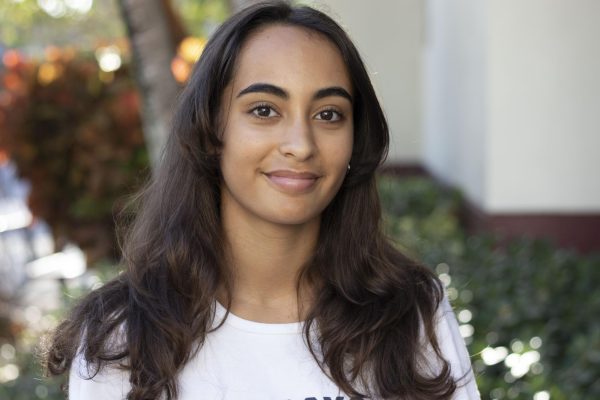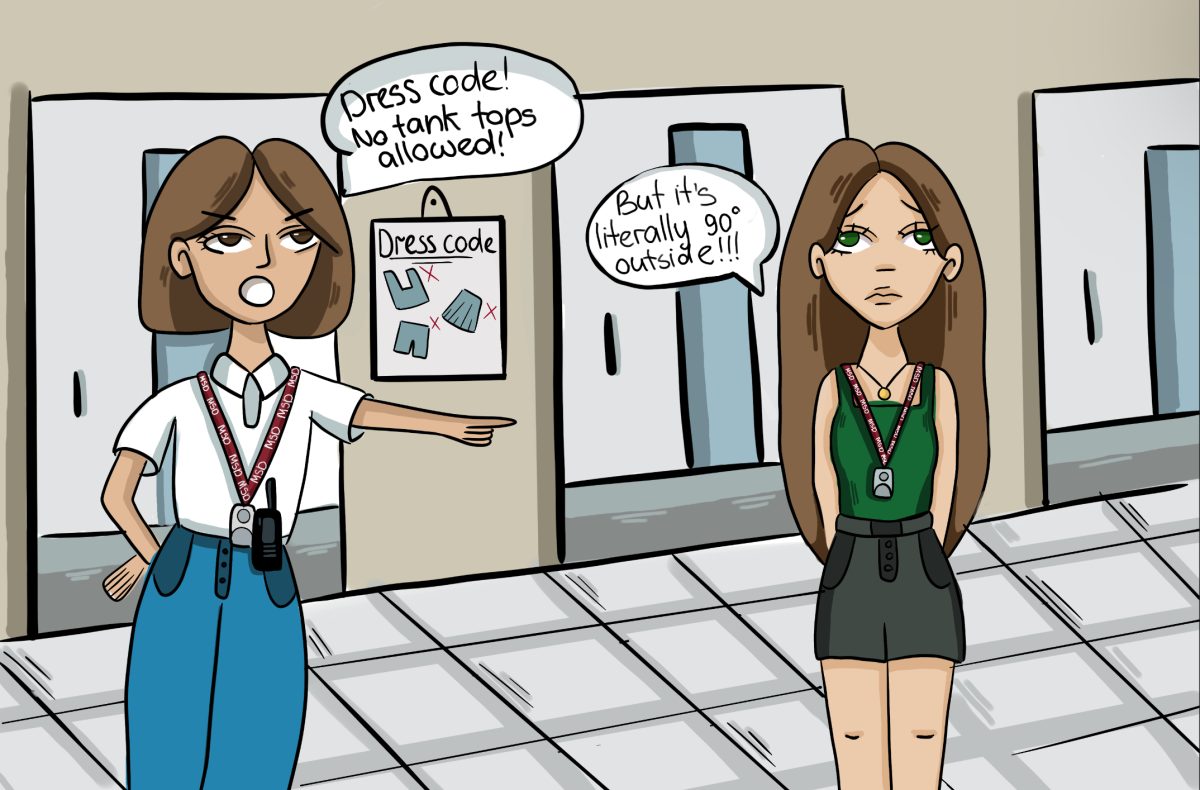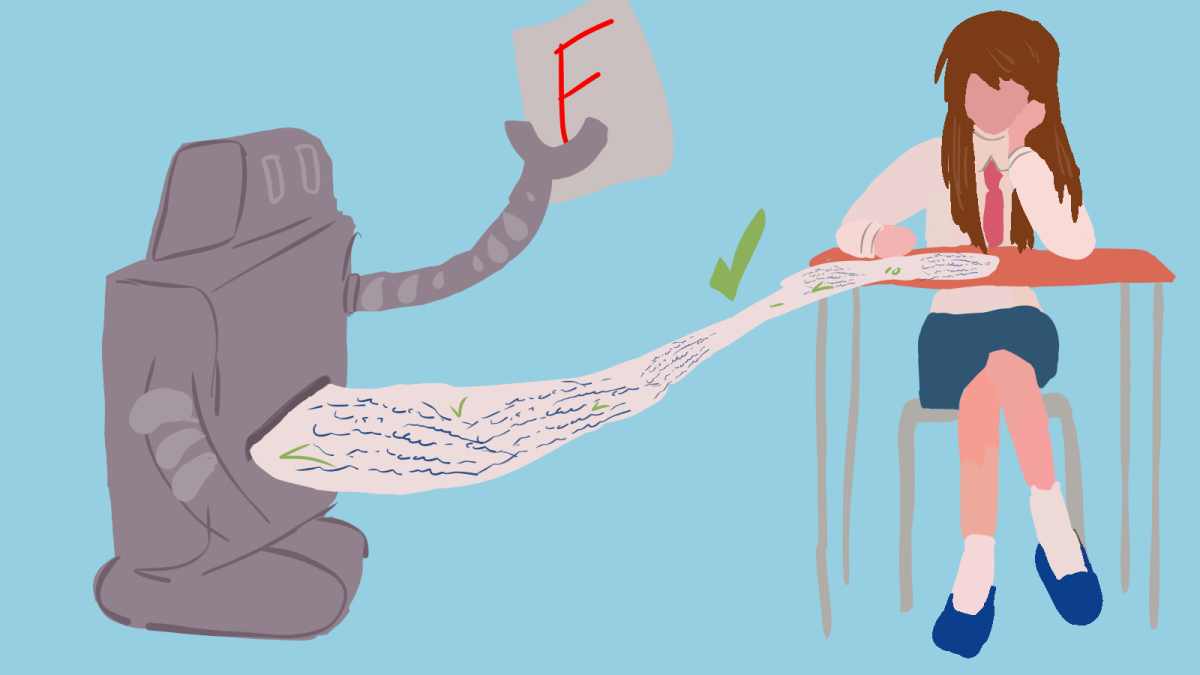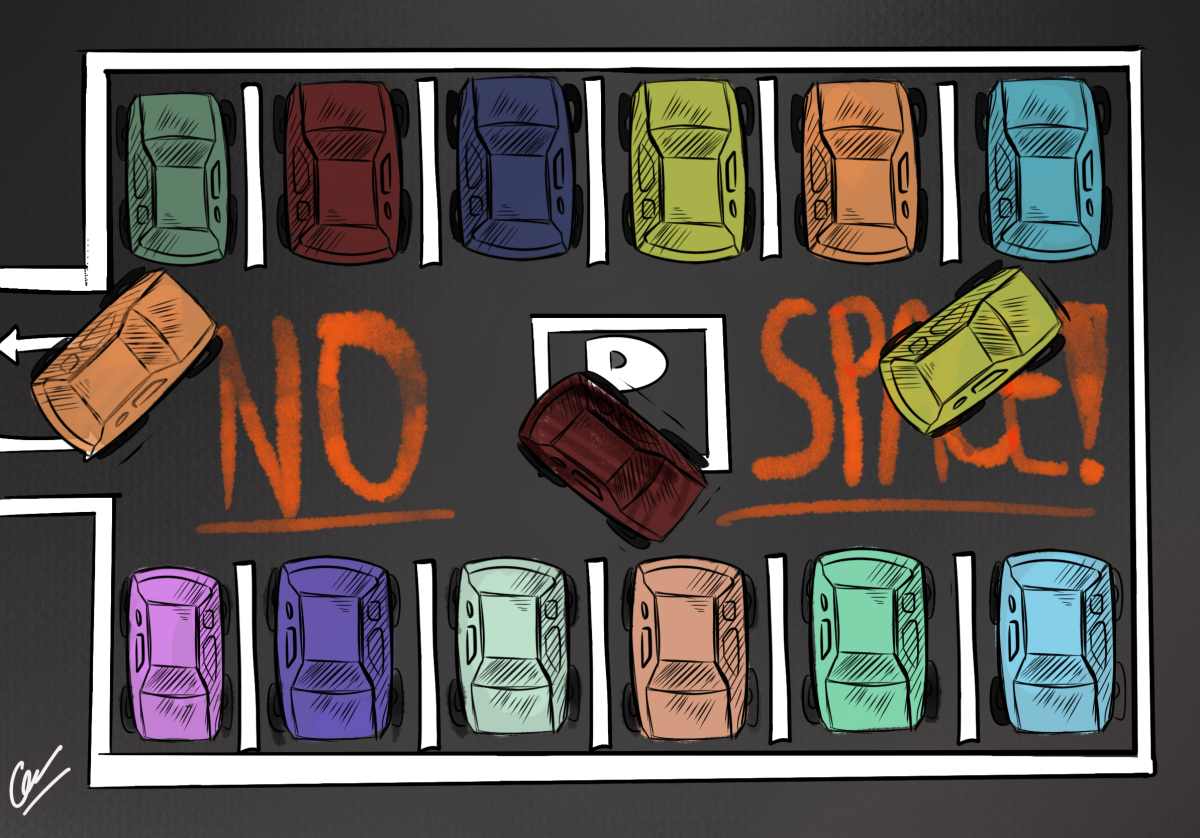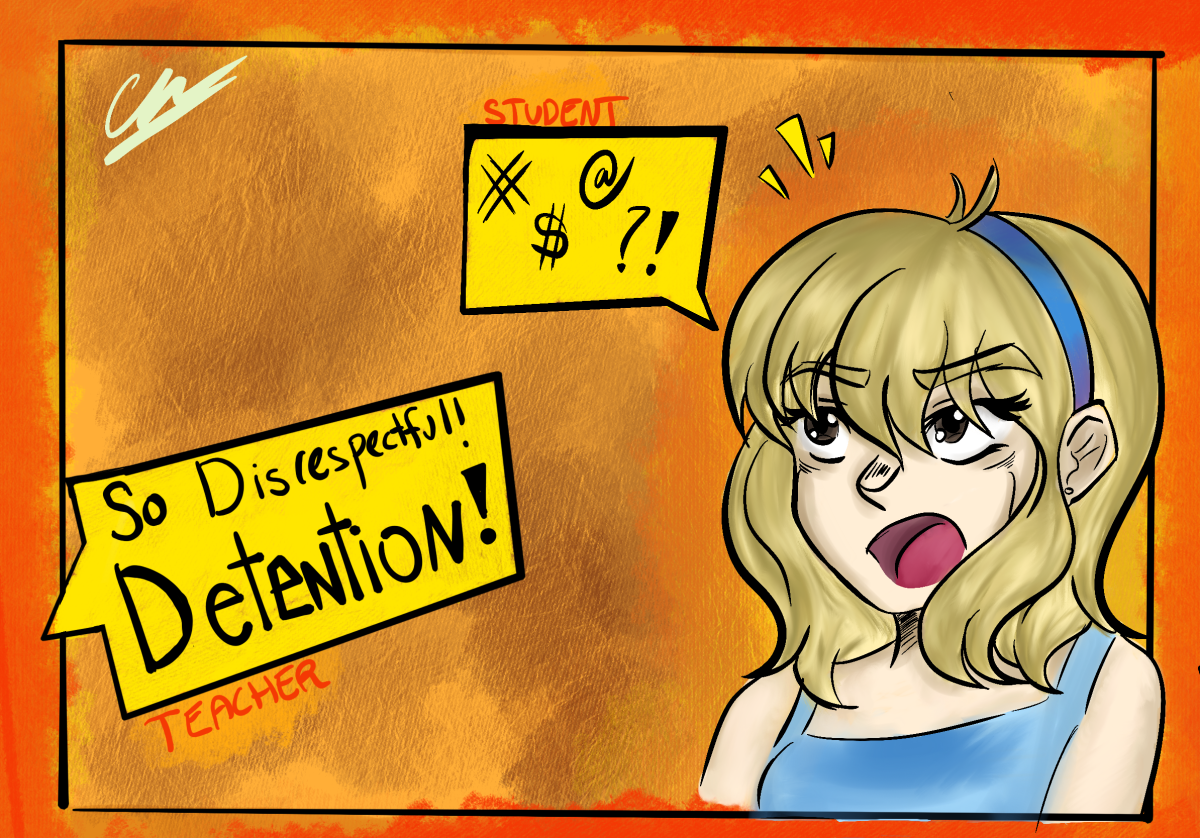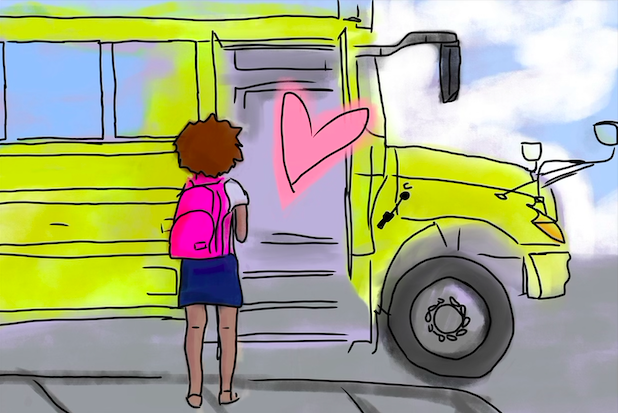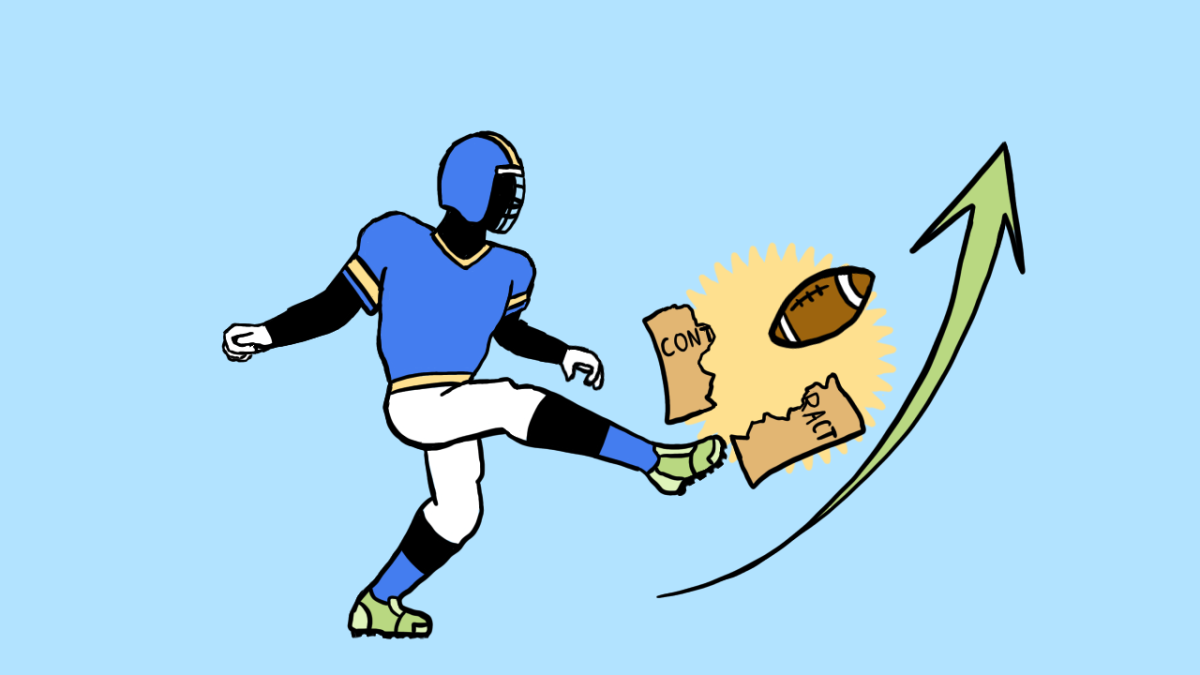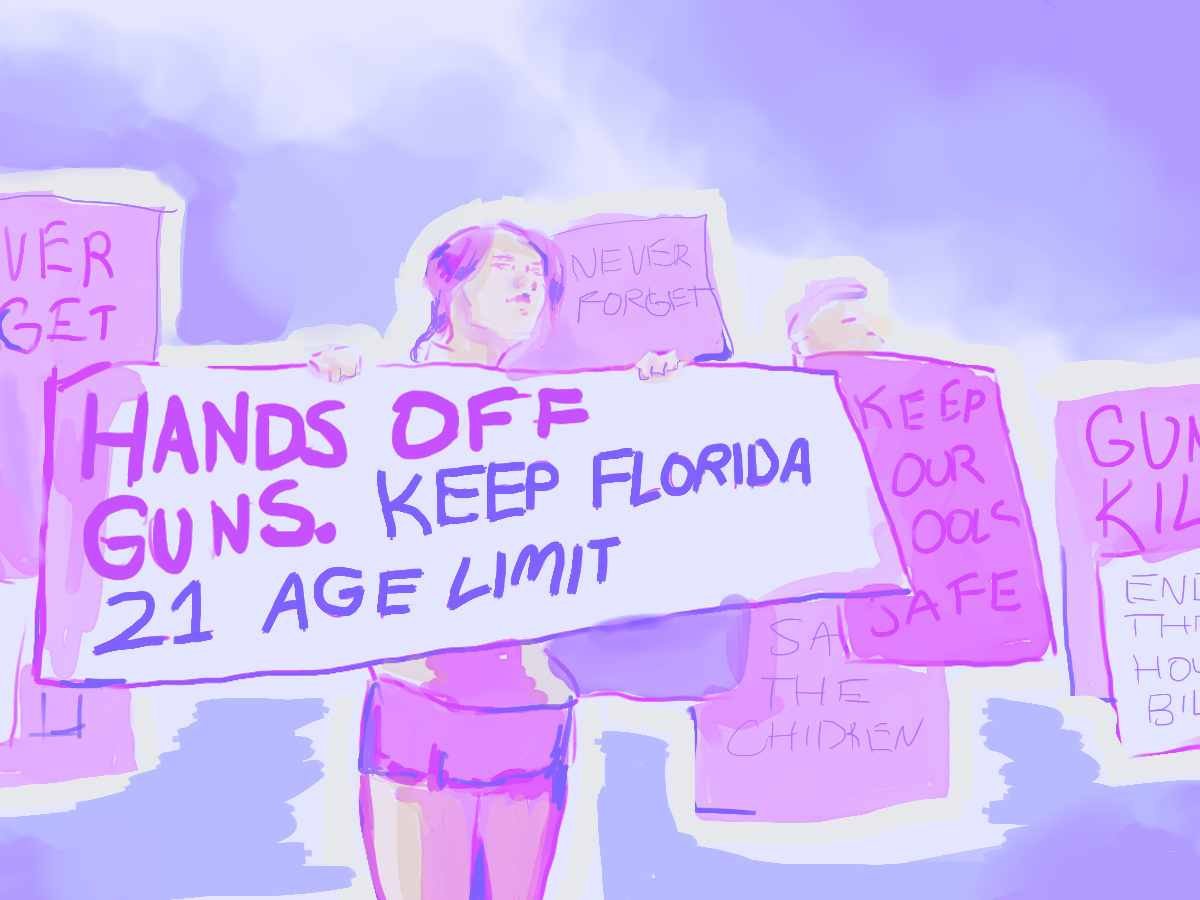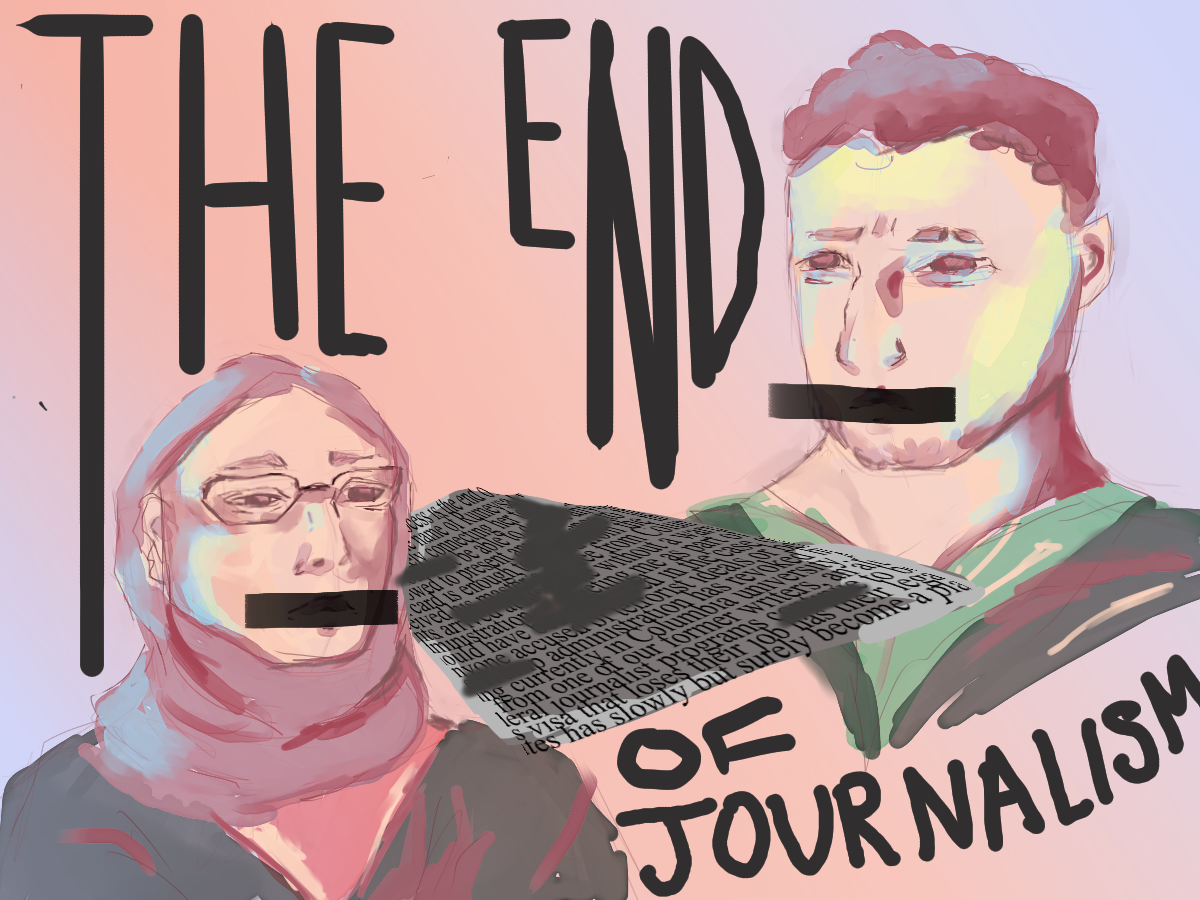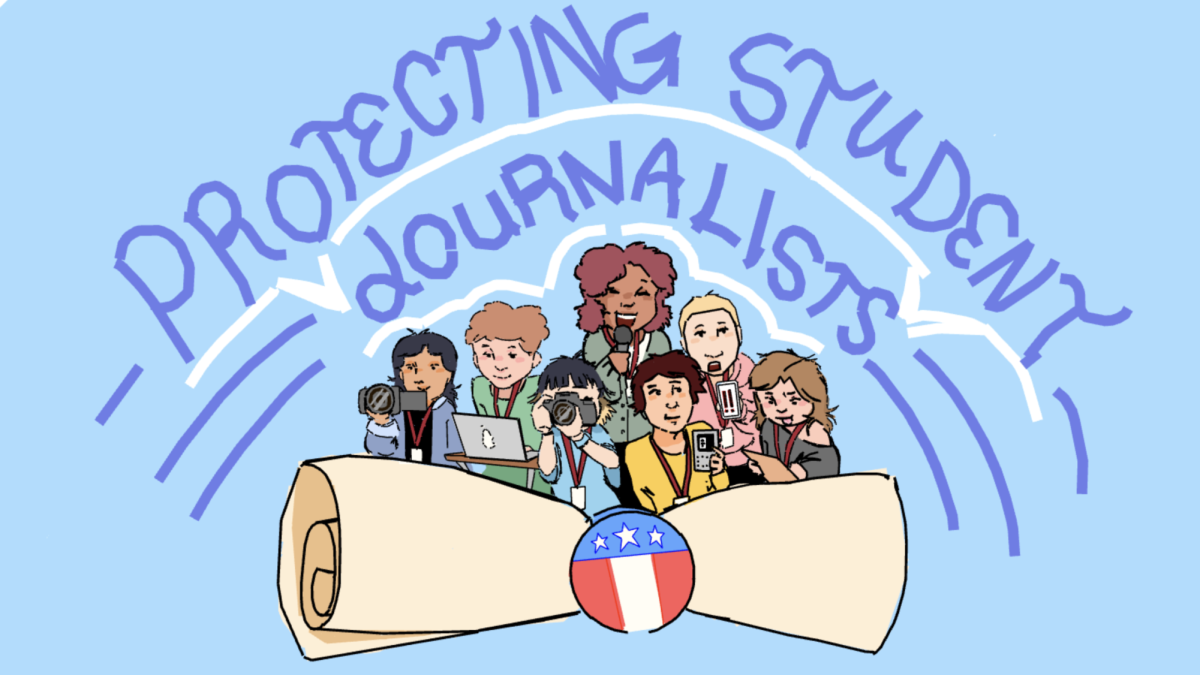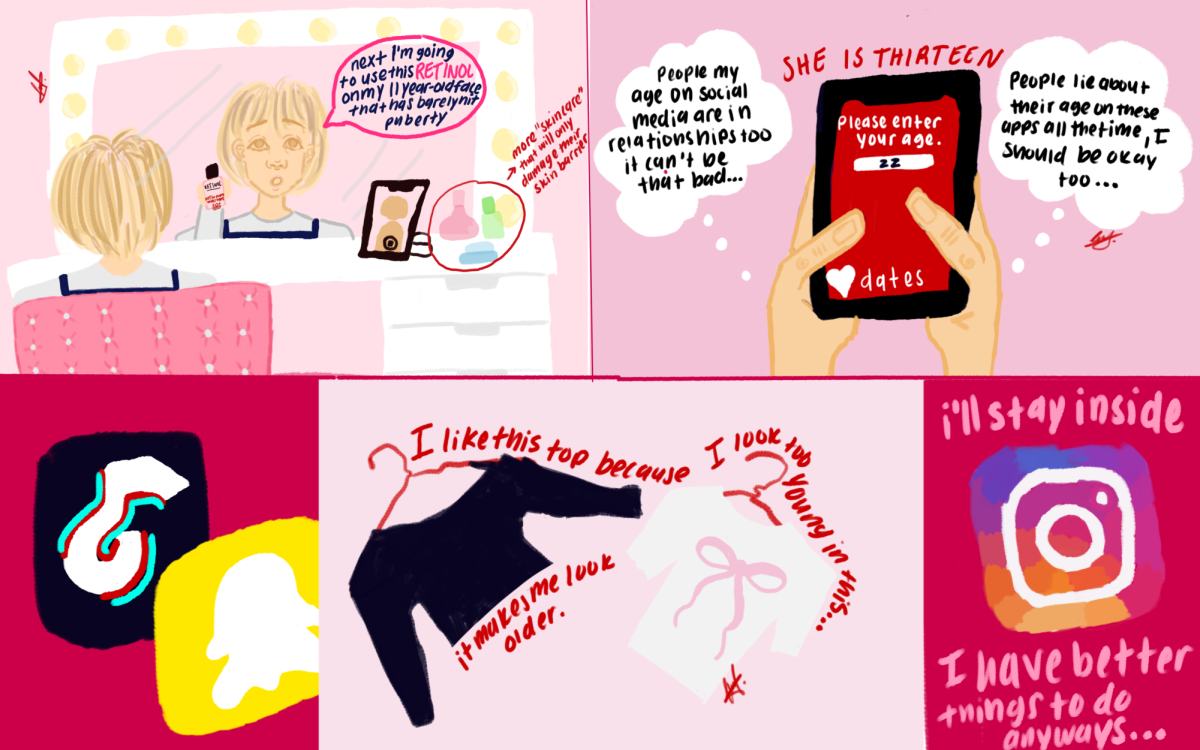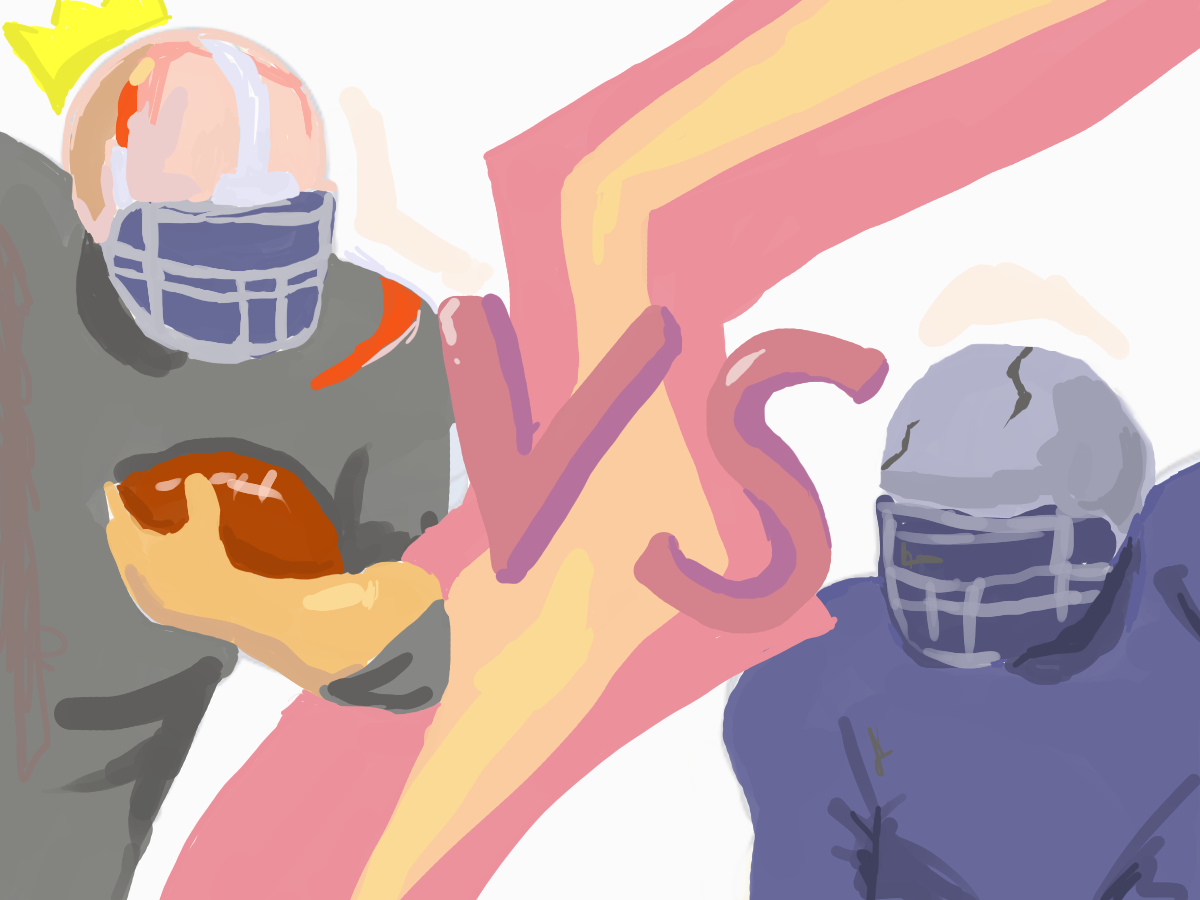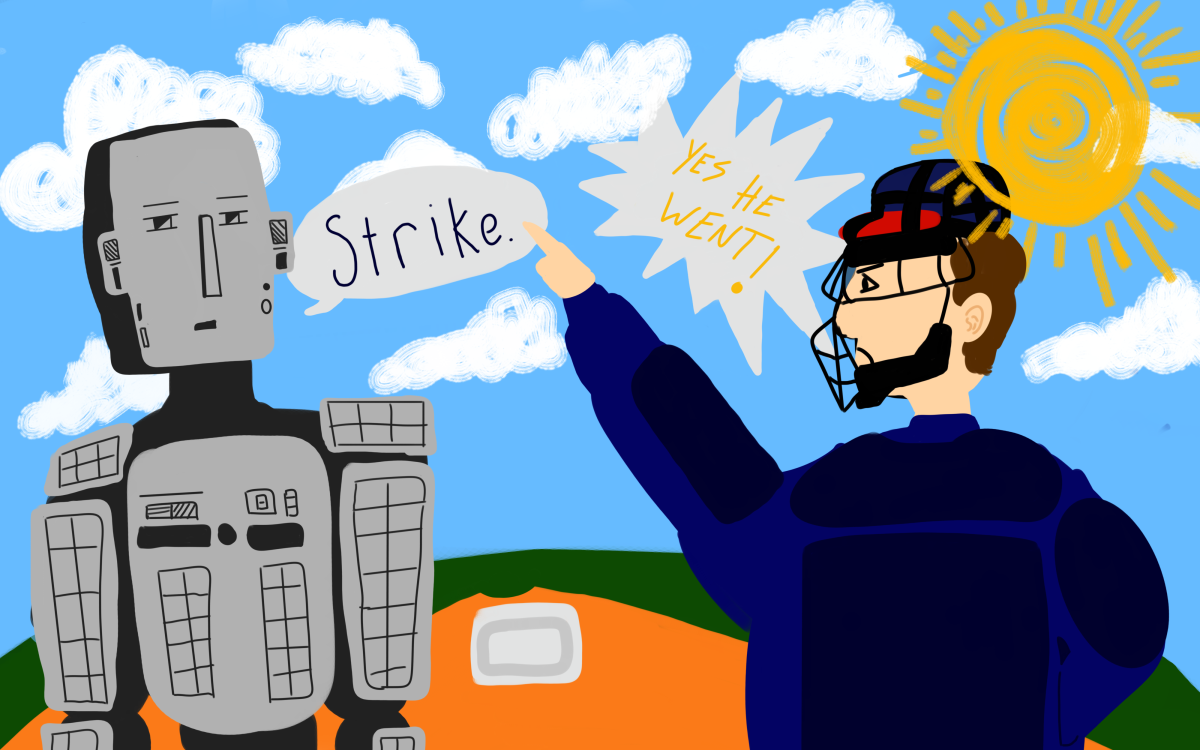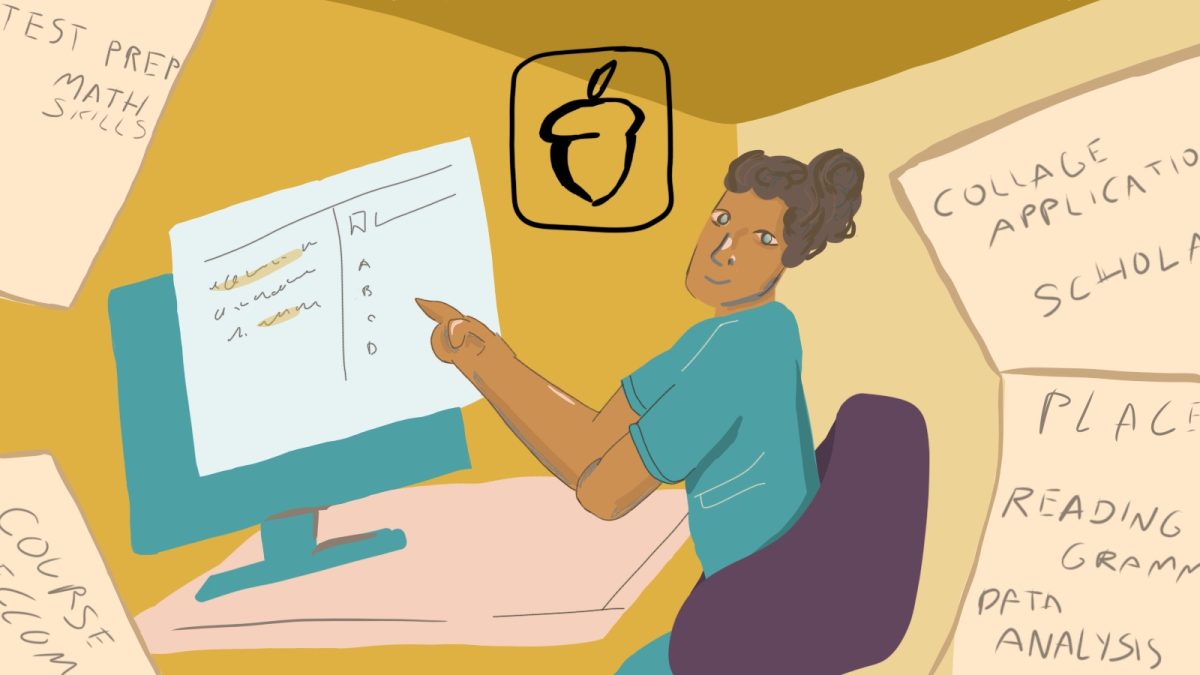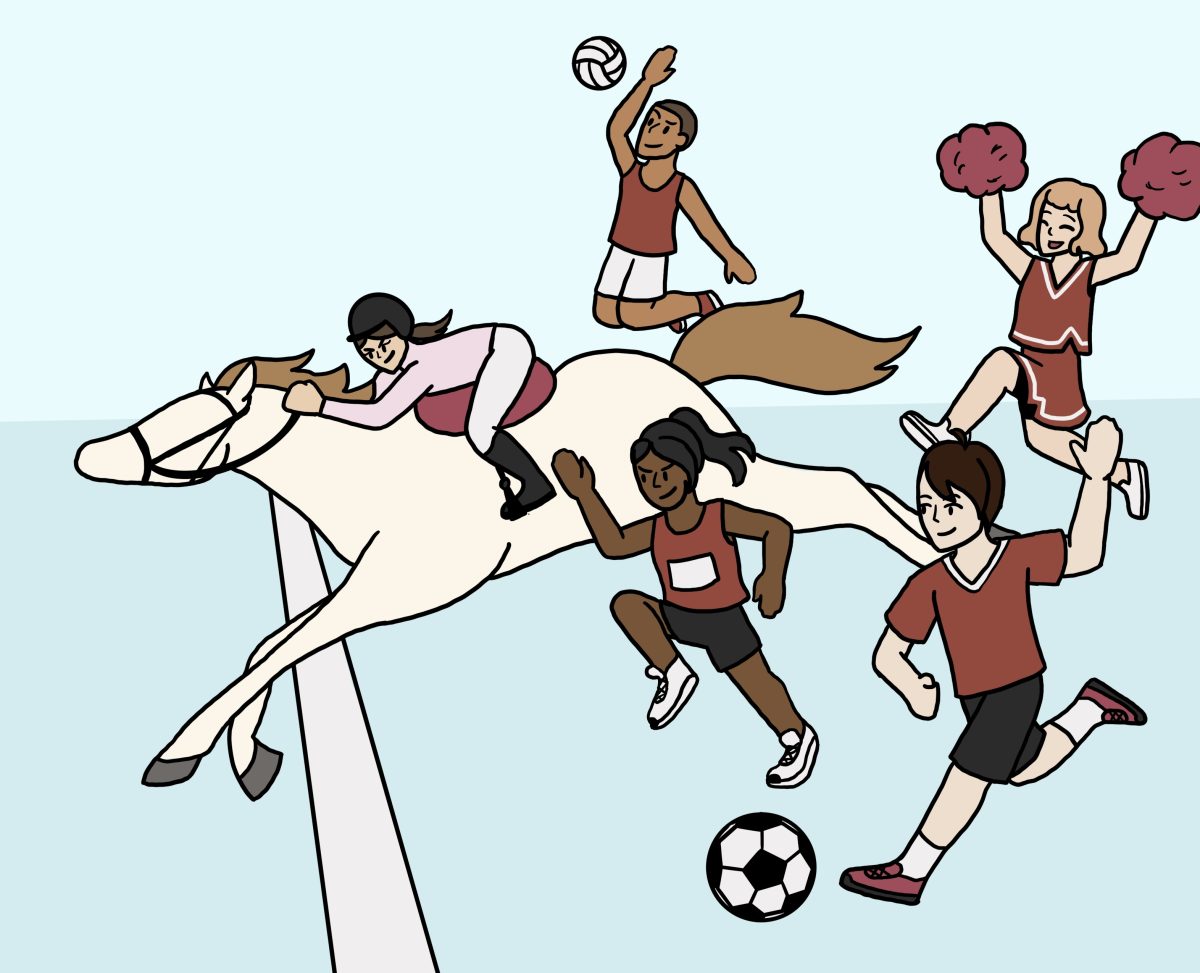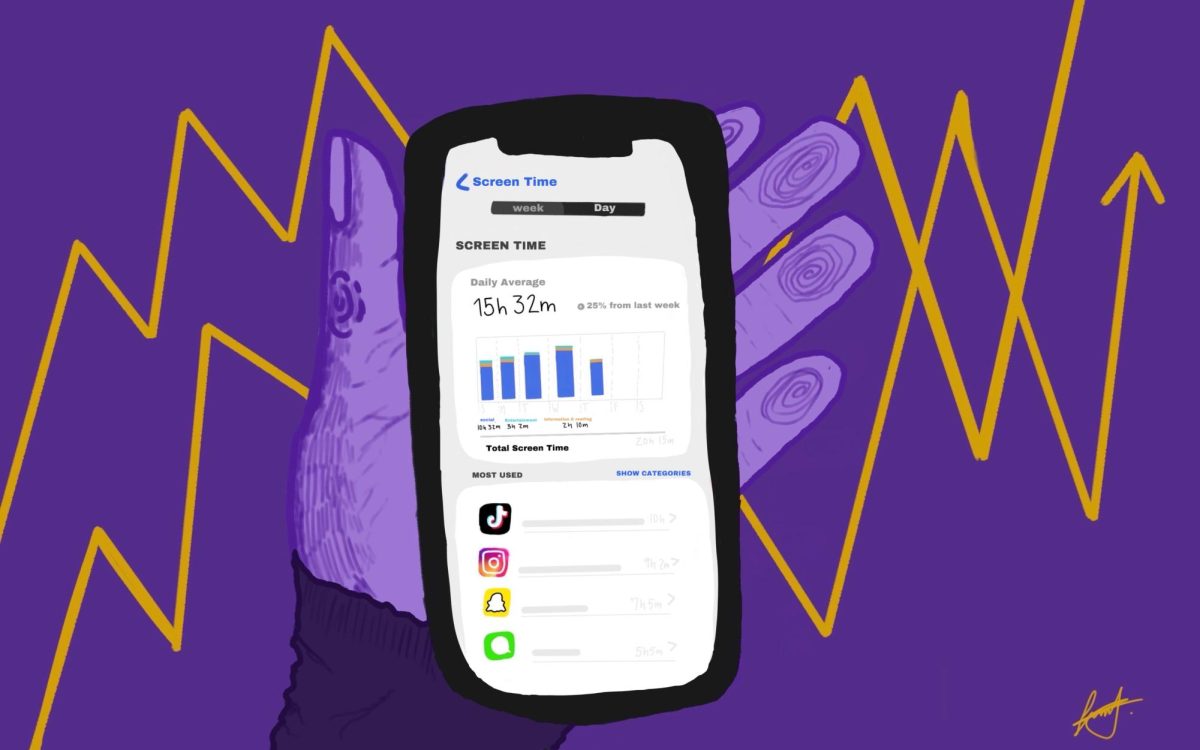Since COVID-19, teens have been increasingly exposed to technology, using their cell phones as their main source of interaction. Broward County Public Schools implemented House Bill 379 on May 9 in response to this trend, limiting students’ use of cell phones during instructional time in class. BCPS took this matter even further into their own hands, by making this bill restrict phone use throughout the whole school day.
Students are now required to put their devices on airplane mode or power them off. However, the BCPS phone policy is unnecessary because students must be able to contact parents and access educational apps to help them with school.
This policy should not stay in effect, as students use their cell phones as a resource in their everyday lives. Teens need to have access to their phones in order to communicate with parents in case of an emergency. If parents need to communicate with their students while this rule is in use, they will not be able to. Parents will then be concerned about the lack of response.
“The phone creates a sense of connection. I want them to know that I am there and to be able to say that I love them if God forbid the worst happens,” Jenn Silverstein said in a Chalkbeat article.
Students should have access to their phones to view academic platforms such as Canvas, Focus and Remind that can help them with schoolwork. Students need to be able to access work on Canvas, look at their grades on Focus and view messages from clubs on Remind. If students have an F in class or on an assignment that they must talk to a teacher about, for instance, it is important that they bring it to the teacher’s attention as soon as possible.
Likewise, if a student receives an abrupt notification about a club meeting, they would need to view the message to see if there is a change of plans. Students also need phones to pay attention to vital messages from teachers, and school faculty. When students receive a crucial message and do not look, it is possible they will miss something extremely important. This is essential for success throughout the school day, during which students do not have constant access to a computer.
Additionally, some students work better when listening to music. According to a Healthline article, music has shown to correlate to improvements in studying, focusing and mood. Some students struggle with focusing during the day and tend to optimize their time by listening to music. The bill makes cell phones off limits, which means no music either.
The adherence to this new policy varies throughout schools in Broward County. For instance, Westglades Middle School follows this rule strictly and forbids cell phones even during lunch, while teachers at MSD are more lax and largely allow students to access their phones while in the hallways and at lunch.
The policy should not be enforced during the whole school day for all schools in the county. The policy would only be reasonable if it was implemented during class because class involves work and important material for students’ education. Cell phones, thus can be a distraction. Outside of class though, there is not any curriculum.
The majority of students who typically do not use their phones during class, are being held accountable for the actions of the students who sneak their phones in class.
The messaging of this policy implies that having a phone out will result in consequences and punishments. If a student is on a phone quickly, it will be seen as if they are sneaking their phones. This later leads to further punishment.
It is unnecessary to use this policy because it does not prevent teenagers from using their cell phones. Teens still use their cellular devices because of how it has slowly become ingrained within their lives since COVID-19. The majority of students use phones as their way of communicating with each other.
Given that BCPS still allows screen time during classes, but on computers rather than phones, this policy should not be enforced. Screen time is no different on a phone than it is a laptop. It is unethical if using Canvas on a phone is considered as wrong, but when someone uses a laptop it is considered correct.
Broward County’s phone policy was created with the intention of encouraging students to be more sociable with one another. Although this is a good thing, students are already capable of being social, and communicating with each other.
“It is meant to elevate student learning and allow students to Disconnect to Reconnect in a distraction-free environment,” Broward County Public School’s said.
Students already communicate with each other, although BCPS believes this is false. The outcome of this policy is not helpful, or necessary for BCPS students because of how it leaves teens unable to use their phones for vital reasons.
The policy is unnecessary because of how little its ramifications were considered when it was put into place and how greatly it affects students and parents. Instead of this policy being in effect the whole day, students should be able to use their phones when out of class, but not in class unless they must contact their parents for a crucial reason.

